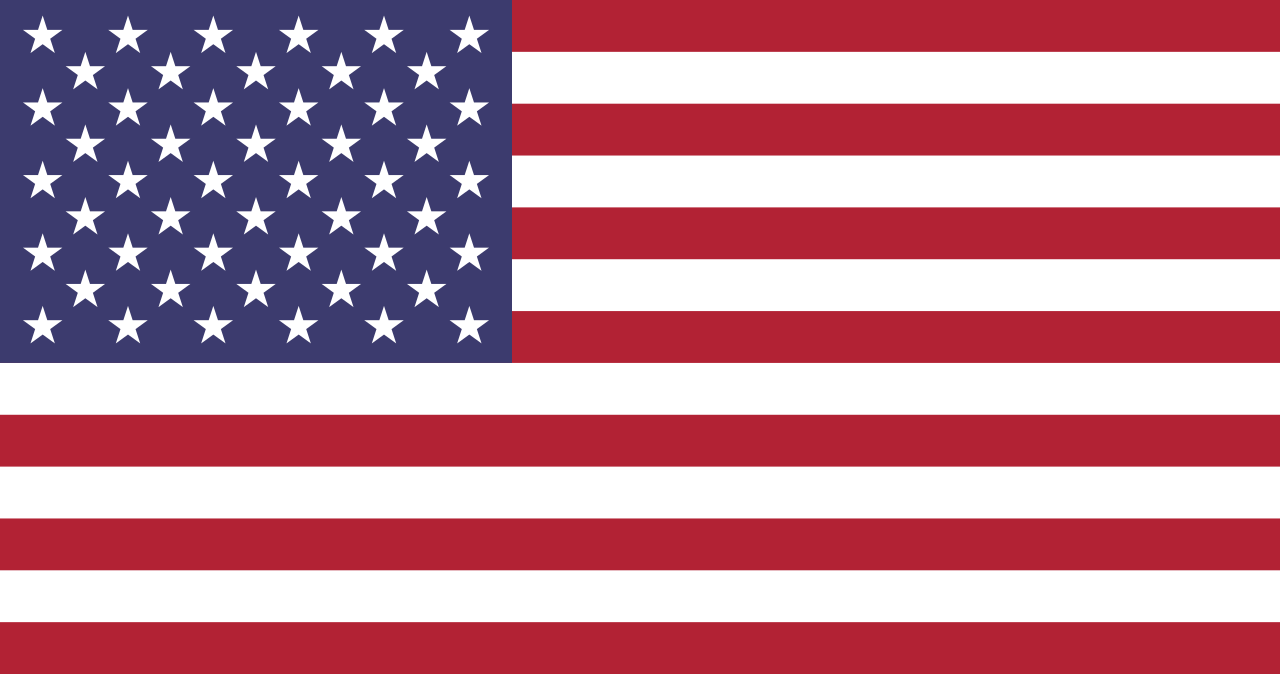 The Livestock Conservancy classifies the Poitou Donkey, a native breed of France, as a critical species that is in danger of becoming extinct. Their large ears, long heads, heavy boned muscular bodies, and dreadlock like coat are unmistakable. According to the conservancy, in the late 1800s the Poitou jacks were bred to a specific breed of draft mare (the Mulassier) to produce working mules. The French mule breeding industry was expansive, being promoted throughout Europe while keeping the breeding stock within the Poitou region of France. By 1980, partly due to its limited geographic region, the breed had fewer than 80 registered animals. A group of organizations came together in the late 20th century to help protect the breed from extinction and by 2012 there were approximately 2,500 pure Poitous registered in the studbook. Since then, a few American breeders have joined the effort to breathe new life into this dying breed.
The Livestock Conservancy classifies the Poitou Donkey, a native breed of France, as a critical species that is in danger of becoming extinct. Their large ears, long heads, heavy boned muscular bodies, and dreadlock like coat are unmistakable. According to the conservancy, in the late 1800s the Poitou jacks were bred to a specific breed of draft mare (the Mulassier) to produce working mules. The French mule breeding industry was expansive, being promoted throughout Europe while keeping the breeding stock within the Poitou region of France. By 1980, partly due to its limited geographic region, the breed had fewer than 80 registered animals. A group of organizations came together in the late 20th century to help protect the breed from extinction and by 2012 there were approximately 2,500 pure Poitous registered in the studbook. Since then, a few American breeders have joined the effort to breathe new life into this dying breed.
Bari Fischer has been championing the revitalization of the Poitou for a number of years. Her love of all donkeys began in 1999 when she started volunteering at Arnolds Wildlife Rehabilitation Center and Rescue owned by Sue Arnold in Okeechobee, Florida. In 2020, the facility took in several Poitous. Bari fell in love with the breed and began researching their history to learn as much as she could. Soon after, Sue realized the equines in their care needed more space, so she and Bari moved the horses and donkeys to 89 acres in Brownington, Vermont. This is where they set up a 501 C3 nonprofit Horse and Donkey rescue and added a breeding facility specifically for the Poitou donkeys.
In her research, Bari found the Hamilton Rare Breed Foundation, a long time client of SBS, located in Vermont. The founder, Debbie Hamilton, had passed away and Pat Hastings (manager of the foundation) was looking to place a number of donkeys as they were closing down their facility. Pat graciously placed three Poitous anesses (female donkeys) with the rescue and offered them their Poitou frozen semen stored at SBS from Jolycoeur and Saadi du Bourg. In their first attempt to produce offspring, Bari sent five females to the University of Illinois for breeding. Two returned pregnant but only one delivered a healthy boy on July 7, 2021. They named him Lord Hamilton Hastings, in honor of Debbie Hamilton.
 Bari imported 10-month-old Kipling du Breuil (photo right) from France in the Spring of 2021 in order to introduce new genetics into the Poitou population within the United States. Now, three years old, he and several anesses (photo above) from the rescue have spent time at Select Breeders Services in Chesapeake City, Maryland. While at SBS, two anesses have been confirmed pregnant with his fresh semen and his semen has been frozen for domestic and international use. The frozen semen is qualified for export to the European Union, United Kingdom, Chile, and Australia. Recently, a shipment of frozen semen was sent to Australia to breed the last female Poitou in that country. Bari said of the experience,
Bari imported 10-month-old Kipling du Breuil (photo right) from France in the Spring of 2021 in order to introduce new genetics into the Poitou population within the United States. Now, three years old, he and several anesses (photo above) from the rescue have spent time at Select Breeders Services in Chesapeake City, Maryland. While at SBS, two anesses have been confirmed pregnant with his fresh semen and his semen has been frozen for domestic and international use. The frozen semen is qualified for export to the European Union, United Kingdom, Chile, and Australia. Recently, a shipment of frozen semen was sent to Australia to breed the last female Poitou in that country. Bari said of the experience,
“I am thrilled to say that after spending time at Select Breeders we have over 100 doses of approved semen to be shipped internationally as well as two females that are pregnant. The care of our animals while at Select Breeders was amazing!”
Bari said the goal of their breeding program is to improve the genetic qualities of Poitous in the United States and to assist others throughout the world as they strive to revitalize this special breed of donkey. It’s not a surprise that they are exploring all facets of assisted reproductive techniques.
Currently, they are working with the team at Penn Vet’s New Bolton Center – Dr. Tamara Dobbie and Dr. Katrin Hinrich’s Penn Equine Assisted Reproduction Laboratory (PEARL), in which the first ever in-vitro fertilized Poitou embryos have been produced. They are a result of using oocytes from the rescue’s Poitou anesses and the semen processed 25 years ago by SBS from Saadi du Bourg.
Bari said, “We basically have two sets of miracles – two births several years ago from AI with frozen semen that was gathered at SBS and now the frozen embryos at the University of Pennsylvania. These are small pieces of the puzzle, but I think they are critically important in trying to save a breed from extinction.”
Note: Many SBS Affiliate Members participate in a program with The Livestock Conservancy to help increase the numbers within endangered horse and donkey breeds. Please contact us for more details.


Log in to join the conversation.